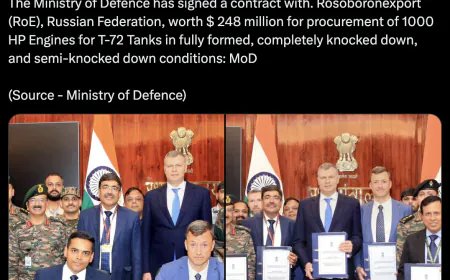Global economy changed due to Russia-Ukraine war
The global economy changed due to the Russia-Ukraine war: Global energy prices rise, inflation reaches highest level

The war between Ukraine and Russia has had a very bad effect on the global economy. According to media reports, now a year after the start of Russia's invasion of Ukraine, the world has changed radically.
The Guardian reported in one of its reports that the trends have now become even faster than before. Because now there is a need to move from fossil fuel to green energy. Apart from this, renewable energy supply has also become more important. Food prices are rising. Hunger is also on the rise in the developing world, forcing governments, businesses and people to work longer shifts.
A rise in global energy prices following Russia's invasion of Ukraine has pushed inflation in the advanced economy to its highest level in decades. Due to which this household income is decreasing and economic development is being affected.
The increase in inflation forced the central banks to increase interest rates. This has increased the cost of borrowing for households and businesses. Mortgage costs have risen sharply in the UK and many other countries, leading to a property crash.
Economists expect inflation to ease sharply in the coming months, as the initial increase in energy prices offsets the annual increase in rising costs. However, gas and electricity prices have become much higher than they were before the Russian invasion.
Food prices rise due to war Russia is the world's number-1 and Ukraine is the 5th largest wheat exporter, accounting for almost a third of global exports. Both these countries are also important producers of fertilizers and other essential commodities. The war has disrupted these supplies. Not only this, but the prices of food have also increased a lot.
After the war, many countries faced challenges on a global scale. Developing countries which are net food importers have been affected the most. Countries in North Africa and the Middle East are among the biggest buyers of Russian and Ukrainian wheat, but these poor countries are facing a double whammy.
Steps taken by the US Federal Reserve to raise interest rates in response to rising inflation have pushed up the value of the dollar. That makes it even more expensive for developing countries to import goods and borrow money on global markets denominated in US currency.
International trade was already declining before the Russian invasion, but the trend has accelerated in the past year amid rising geopolitical tensions and concerns over supply chain security.
"The lure of cheap raw materials from Russia is prompting sanctions avoidance on a scale never seen before," said Ian Stewart, chief economist at UK accountancy firm Deloitte. Russian oil dumped by the European Union has found ready customers in China, India and Turkey.
For Latest News update Subscribe to Sangri Today's Broadcast channels on Google News | Telegram | WhatsApp

















































































































.jpeg)














